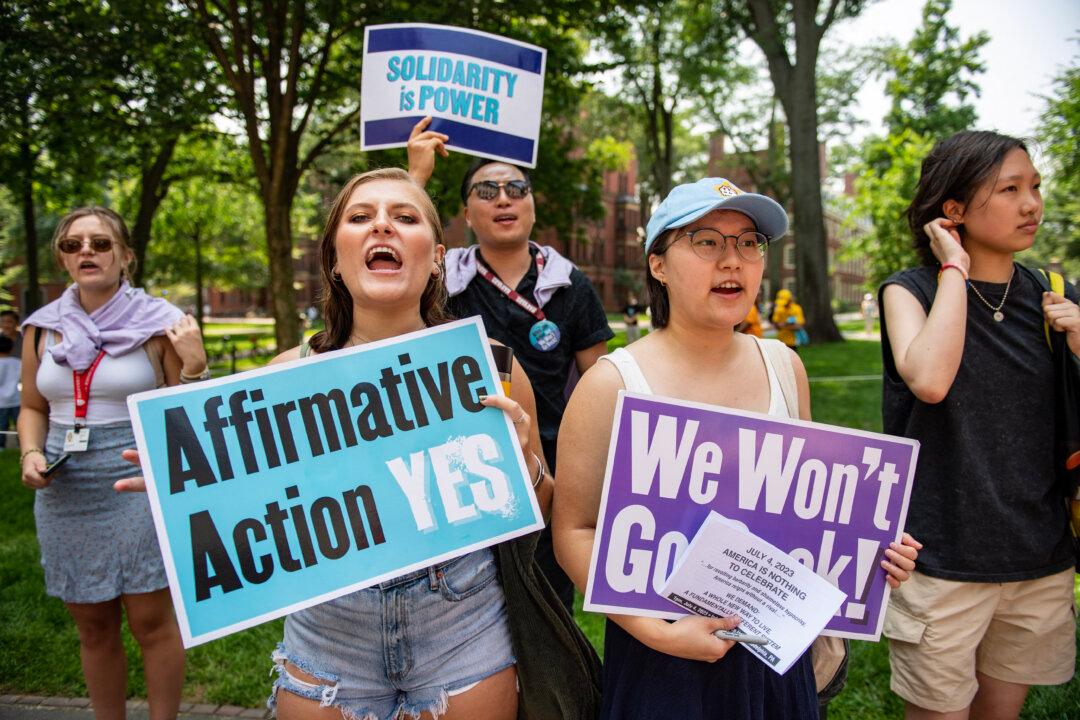On Wednesday, Wesleyan University announced an end to preferential legacy admission, calling it “the easy part” in its pursuit of diversity.
“In the wake of the recent Supreme Court decision regarding affirmative action, we believe it important to formally end admission preference for ‘legacy applicants,’” wrote Wesleyan President Michael Roth, while noting that, as a highly selective university, legacy status had played a small role in admissions in recent history.





